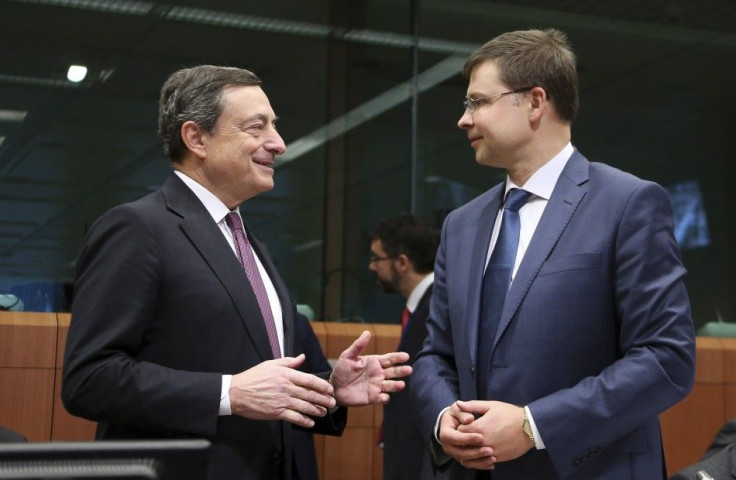European Union To Launch 315 Billion Euro Investment Fund To Finance Infrastructure Projects

The European Commission has finalised a package of measures for the early launch of its European Fund for Strategic Investments. The fund, to the tune of $353.5 billion was unveiled by EU Commission President Jean-Claude Junker in late 2014. When executed, it will envisage a fillip in private sector investments in the infrastructure sector.
Noting that the investment level in EU has been down 15 percent below the pre-crisis era in 2007, Juncker said, “we need the plan right now because it is important to say that consolidating public finances is needed. But apart from that policy, we need structural funds to ensure the medium-term development of the European economy.” For speedy operations of the fund, EC President Jean-Claude Juncker, EC Vice President Jyrki Katainen and Werner Hoyer, president of European Investment Bank signed the EFSI agreement stipulating the working methods between the two institutions.
Focus on Infrastructure
Though the initial corpus of the fund is €315 billion, the EFSI can scale up to €440 billion and boost EU’s GDP by creating one million new jobs in the next three years. The funds will be available for investment projects throughout the 28-nation bloc to finance projects in infrastructure, small businesses, education, youth employment and telecoms. "Investment is what the European Union is missing today, as the level of investments currently is 15 percent lower than in 2007,” noted European Commission Vice-President Jyrki Katainen. He described the project as very significant in expanding growth and employment in Europe.
The fund draws support from the EU budget and European Investment Bank. It also attracts contributions from member-states having priority investment projects in EU. It will also serve as a guarantee for raising external loans in financing various investment activities.
Paradigm Shift
In the execution of the fund, the European Commission has outlined an effective role and involvement for National Promotional Banks. Till date, it said, 9 NPBs belonging to Bulgaria, France, Germany, Italy, Luxembourg, Poland, Slovakia, Spain and the U.K. have signed up to provide co-financing for projects and investment platforms. In that the U.K. tops with the largest amount of €8.5 billion.
Explaining the new approach to project financing, Werner Hoyer, president of European Investment Bank, in a press conference said it heralds a paradigm shift in the fund’s operations as resources move from grants to guarantees and subsidies turn into loans.
Meanwhile, China also evinced interest in investing in the European Union’s new infrastructure fund. In a recent summit meet with top EU officials, Premier Li Keqiang told head of the European Commission, Jean-Claude Juncker that China is ready to invest in the EU’s new 315 billion euro infrastructure fund.
(For feedback/comments, contact the writer at k.kumar@ibtimes.com.au)





















